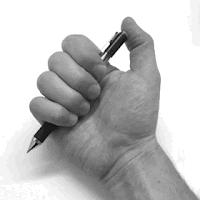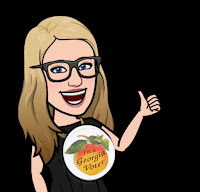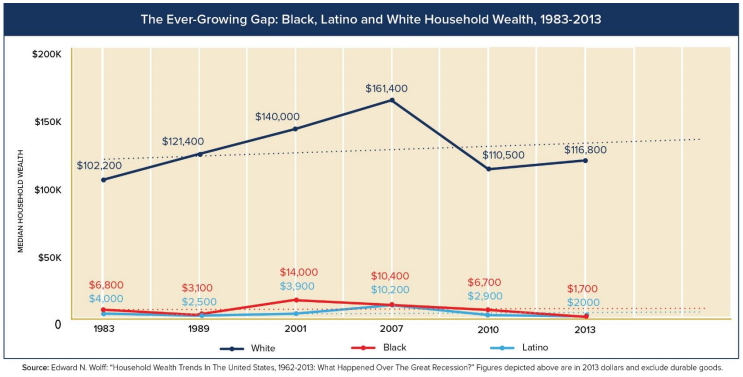The Social Dilemma

How many times have you heard mention of the negative impact of social media on our brains? The film " The Social Dilemma " (available on Netflix) addresses just that. The film alternates between two formats: interviews with former employees of social media companies and scripted scenes depicting the influence of the apps (personified). To say it is alarming would be an understatement. The film explains that the social media apps we have all grown to love/hate/become obsessed with have three main goals: engagement, growth, and advertising, and all of these goals are powered by algorithms. It identifies the problems that are created at the intersection of psychology + technology. When Facebook first became available to my school (Georgia State University) in early 2005, it was used by most people I knew as a platform to connect with classmates. At the time, we were only the second school in the state to gain access, as colleges and universities across the country ...


